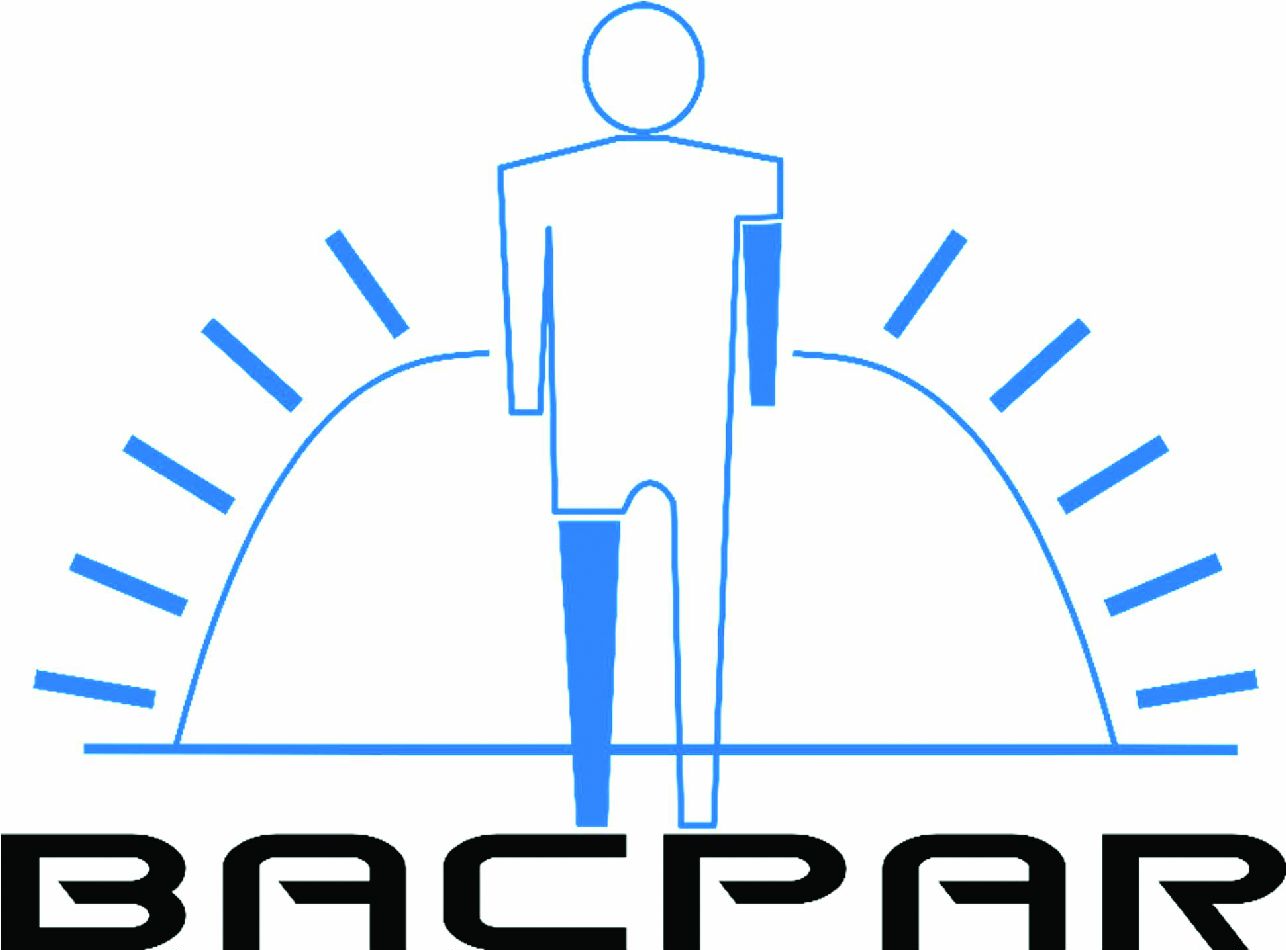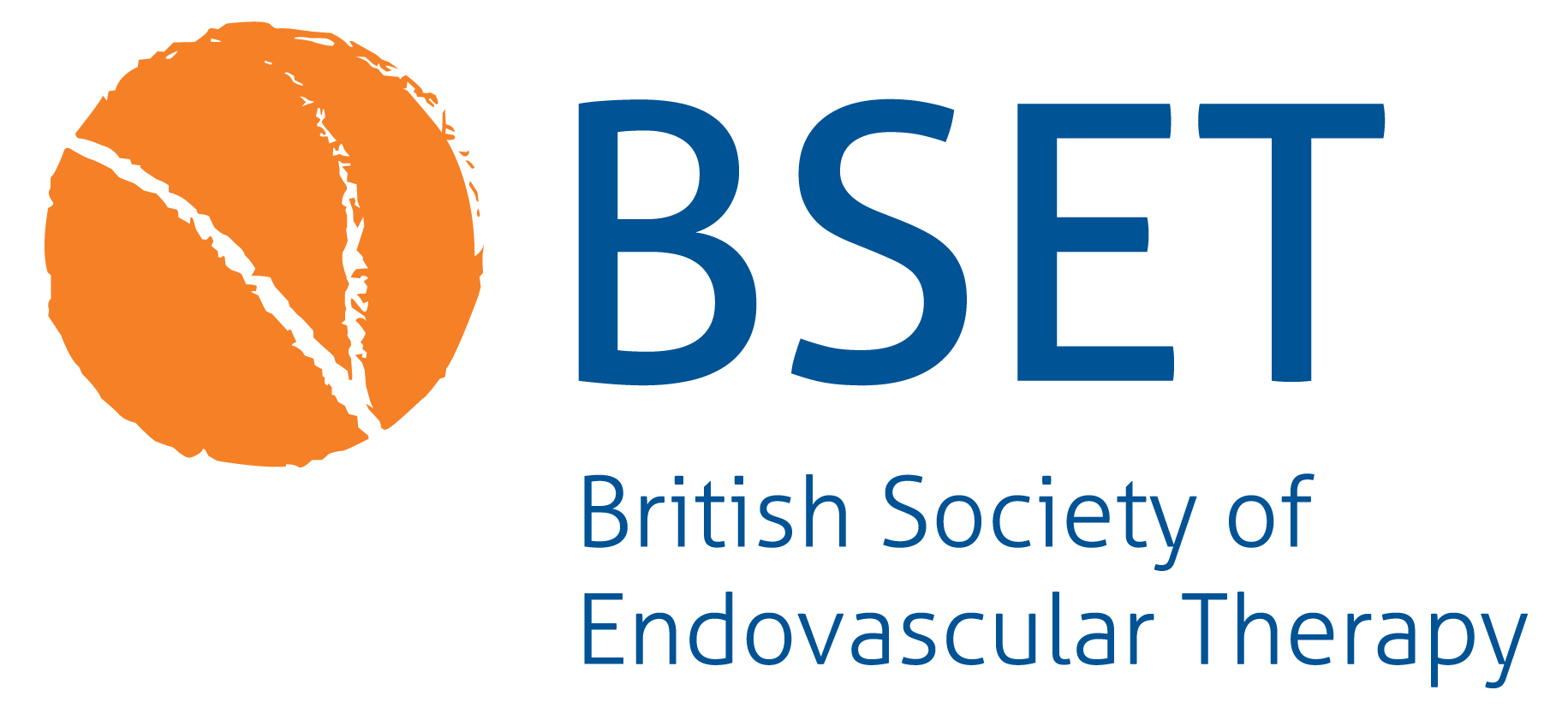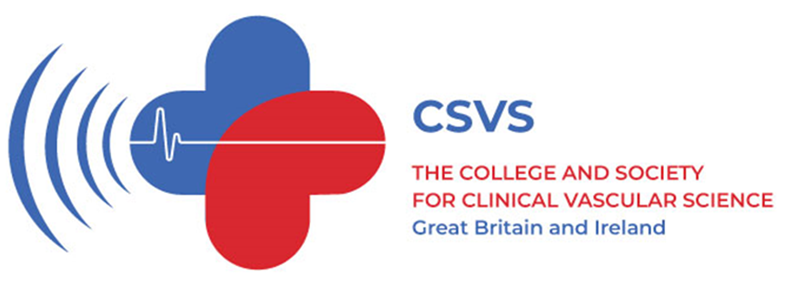Helen Jones
Single-centre prospective cohort study investigating the associations and one-year trends of frailty, cognition, disability and quality of life pre- and post-intervention for chronic limb-threatening ischaemia
Introduction Frailty is a complex, dynamic, multi-system health state characterised by susceptibility to significant homeostatic dysregulation from even minor physiological stressors, leading to poor health-related outcomes such as loss of independence and death.1,2 Frailty is present in around half of all individuals with chronic limb-threatening ischaemia (CLTI) and is related to severity of disease.3-5 Among…
Read MoreA rare congenital abnormality mimicking the appearance of a type A aortic dissection
Abstract Type A aortic dissection is a tear in the wall of the ascending aorta and/or arch between the tunica intima and tunica media layers. This is a surgical emergency and requires immediate surgical repair. Aortic CT angiography is essential for classification, assessing extent of the disease and planning the management. An intimal flap on…
Read MoreMotivating Physical Activity with a Walking Exercise Behaviour Intervention and Pain Management Remotely in Intermittent Claudication (MAvERIC): protocol for a randomised controlled feasibility trial
Introduction Peripheral arterial disease (PAD) affects approximately one in five people aged >60 years.1,2 In addition, 40–75% of these people experience intermittent claudication (IC), a chronic manifestation of PAD which commonly presents as limb pain and reduced exercise tolerance.3,4 People with PAD and IC experience disability and impaired quality of life due to reduced physical…
Read MoreA rare case of a dog bite leading to bilateral lower limb amputations
Abstract Capnocytophaga canimorsus is a rare cause of bacteraemia, occurring usually after dog bites, and can have devastating consequences for patients. This report describes the case of a 65-year-old woman who presented acutely unwell 6 days after being bitten on the hand by a dog. She suffered consequences of overwhelming sepsis, disseminated intravascular coagulation and…
Read MoreEctopic thyroid tissue presenting as a carotid body paraganglioma
Abstract Ectopic thyroid tissue is a rare developmental abnormality, typically presenting with midline ectopia due to incomplete embryological migration via the thyroglossal duct. The presence of ectopic thyroid tissue lateral to the midline is very rare, accounting for 1–3% of all ectopic thyroid tissue. Clinically, these lesions are often mistaken for other diagnoses including enlarged…
Read More










